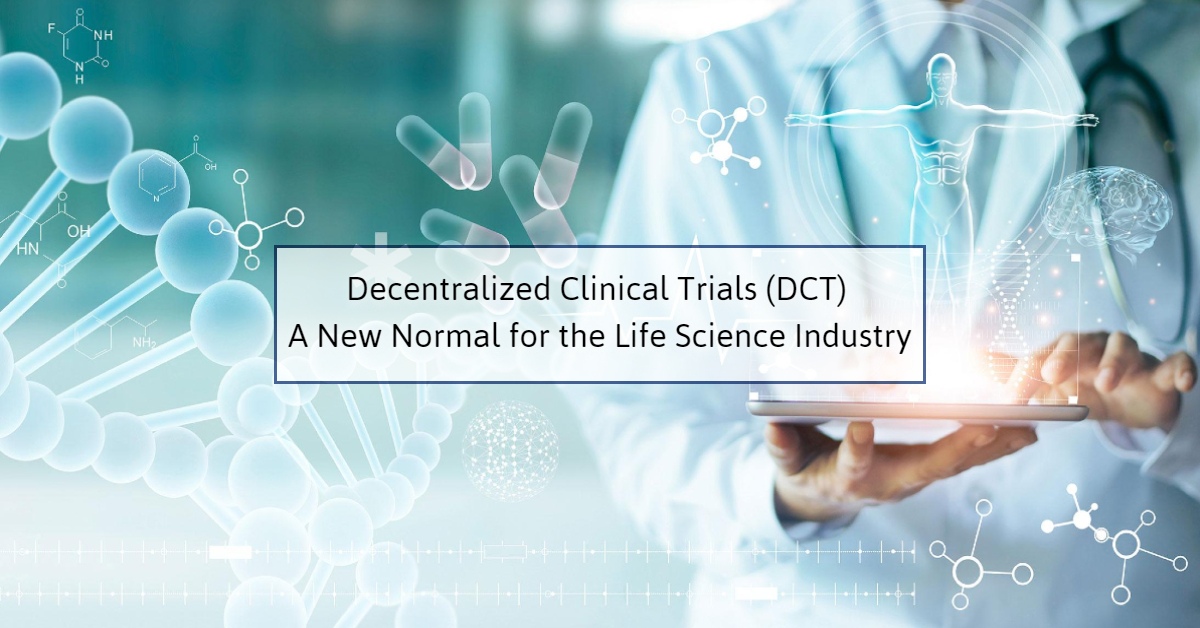
The worldwide pandemic accelerated the adoption of DCT for many organizations, revealing them to the multitude of benefits offered by trials conducted virtually, including an enhanced site & patient experience, better quality data, cost savings, and faster execution of administrative activities. It has also helped to discover the potential for bringing all clinical research stakeholders to a single page. So, Decentralized Trials will have a grand impact on shaping the Clinical Trial landscape in 2021 in many aspects. Are we ready yet to adapt to the new normal?
Let’s talks about different ways in which decentralized clinical trials will change the clinical research space.
The compliance of the modular framework in the Decentralized Model
The modular framework in DCT can help the patients, clinical sites, sponsors, and other stakeholders in the trial to access a wide range of functionalities. So, new clinical research ventures could capitalize on the opportunities for easy study configuration. Tech companies are doing their bit in providing these functionalities, while keeping in mind the regulatory requirements.
Virtual Trial tools bring patients closer to clinical trials
The DCT model can help in improving overall access to clinical trials. In some cases, the use of virtual technology can help in eliminating the unnecessary complications of traveling and distance. Also, the advanced technology integration in the Decentralized Model can promote the integration of diversity as a staple in the processes of clinical study protocol design and initial product development. Enabling Patients to have control over their data and privacy will be a game changer.
Decentralized solutions can help research sites to overcome their uncertainties
Research sites are likely to hold apprehension even if the pharma industry sustains the pace of adopting Decentralized Clinical Trial models. However, the conventional standards of patient care through the Decentralized model in clinical trials can motivate other research sites to follow the same path to accomplish the purpose.
One of the key highlights includes the facility for clinical trial patients to stay at their homes and get access to revolutionary new treatments under keen supervision.
Decentralized Clinical Trial Solutions enable proactive identification of critical symptoms
The efficiency of data collection in DCT platforms can help in the proactive identification of symptoms of the potential adverse events in a clinical trial. The symptoms/indications, otherwise known as digital biomarkers, can help in better measuring patient care and the integrity of significant clinical trials.
Enabling flexible access translates to effectiveness for clinical trials
It is important to look at the flexibility aspect of the DCT model as it can promote better access for all stakeholders of the clinical trial. Subsequently, improved collaboration among trial stakeholders can ensure prolific outcomes such as faster patient enrolment and better retention rates.
With many benefits associated with the DCT solutions, there are inherent risks that a sponsor has to be mindful of and make sure the right tools are in place to appropriately monitor the patients. It is also important to consider the ideal technology vendors to support in bridging the gaps and implementing the DCT model for a clinical trial.










